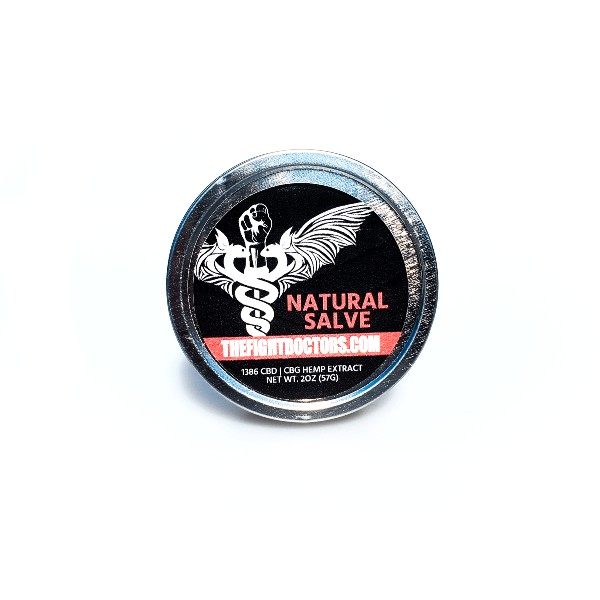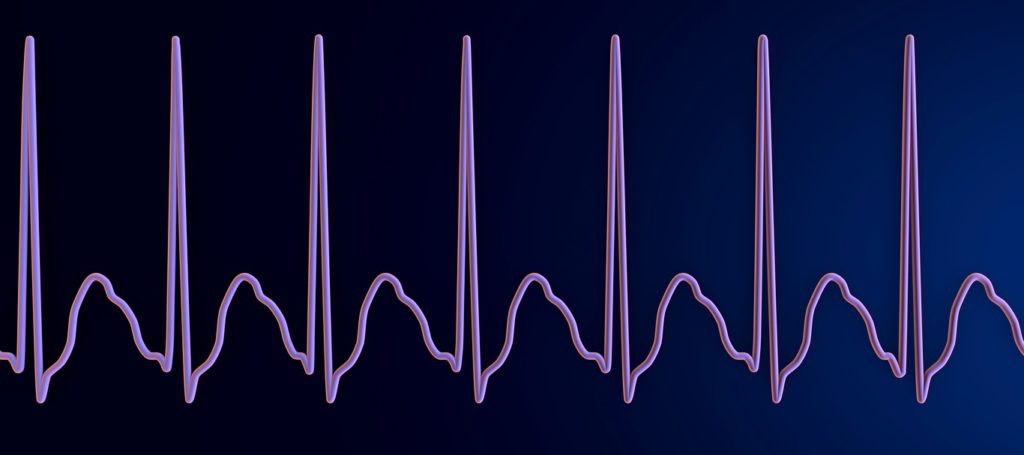What makes us the best
Welcome to Your Combat Sports Doctors
A hub of health, fitness, and adrenaline where the ring meets the lab! Are you a combat sports enthusiast, or perhaps just intrigued by the genre? Maybe you’re on a quest to learn more about fitness, health, and nutrition? No matter who you are, we’re here to fuel your journey with expert advice and premium products designed for your unique needs.


Welcome to TheFightDoctors.com
Where passion meets science in a thrilling dance of health, fitness, and combat sports! We’re not just for the seasoned athletes, but for every gym devotee, weekend warrior, or anyone with a spark for leading a vibrant, healthy lifestyle. Our mission? To empower you to unlock your peak physical performance, boost your health, and shatter your fitness goals.
Explore our products

Vitamins

Topicals

Merchandise
Services
Experience the full spectrum of health services tailored for the ring and beyond at TheFightDoctors.com! Whether it’s our cutting-edge neurological exams conducted seamlessly via teleconferencing, or comprehensive physical exams in our office, we offer an extensive suite of tests and assessments to ensure you’re in peak condition before and after your bout.
United by Passion: Your Community of Combat Sport Aficionados
Our services extend beyond providing top-tier medical services to MMA fighters, boxers, and other combat sports professionals. We’re here to unlock your full potential. We understand the struggle of balancing a healthy lifestyle amidst the hustle and bustle of life. To help you achieve this balance, we’ve handpicked a range of CBD, Delta 8, and now Delta 9 products designed to enhance your overall wellness, soothe muscle fatigue, and maintain your body’s homeostasis.
Life can be tough, but you don’t have to be a Randy Couture to win your battles. You deserve the right support to manage life’s pressures, and our wellness products are here to do just that. And it doesn’t stop there – we also offer a range of topicals for your skincare needs.
Training for life and all that it entails!
Maybe you’re eyeing the ring for your first MMA fight, or perhaps you’re an aspiring marathoner, triathlete, or a sports enthusiast across football, hockey, or soccer. No matter where you are in your fitness journey, our team can craft a nutritional program to get you on track.
But we’re not just about health and fitness. We’ve also got cool swag merchandise for you to flaunt your love for the sport and the journey. Check out our unique range of merchandise to add some fight-inspired flair to your wardrobe!
From the gym to the kitchen, and everything in between, The Fight Doctors are here to help you strike the perfect balance. Explore our array of wellness products, topicals, and cool merchandise, or schedule an appointment to elevate your nutrition game. Let’s team up and conquer your health goals together!

Featured Products

Contact
We are looking forward to receiving your kind feedback about our products and services. It will not take a long time – drop us a line and tell us what you think!















